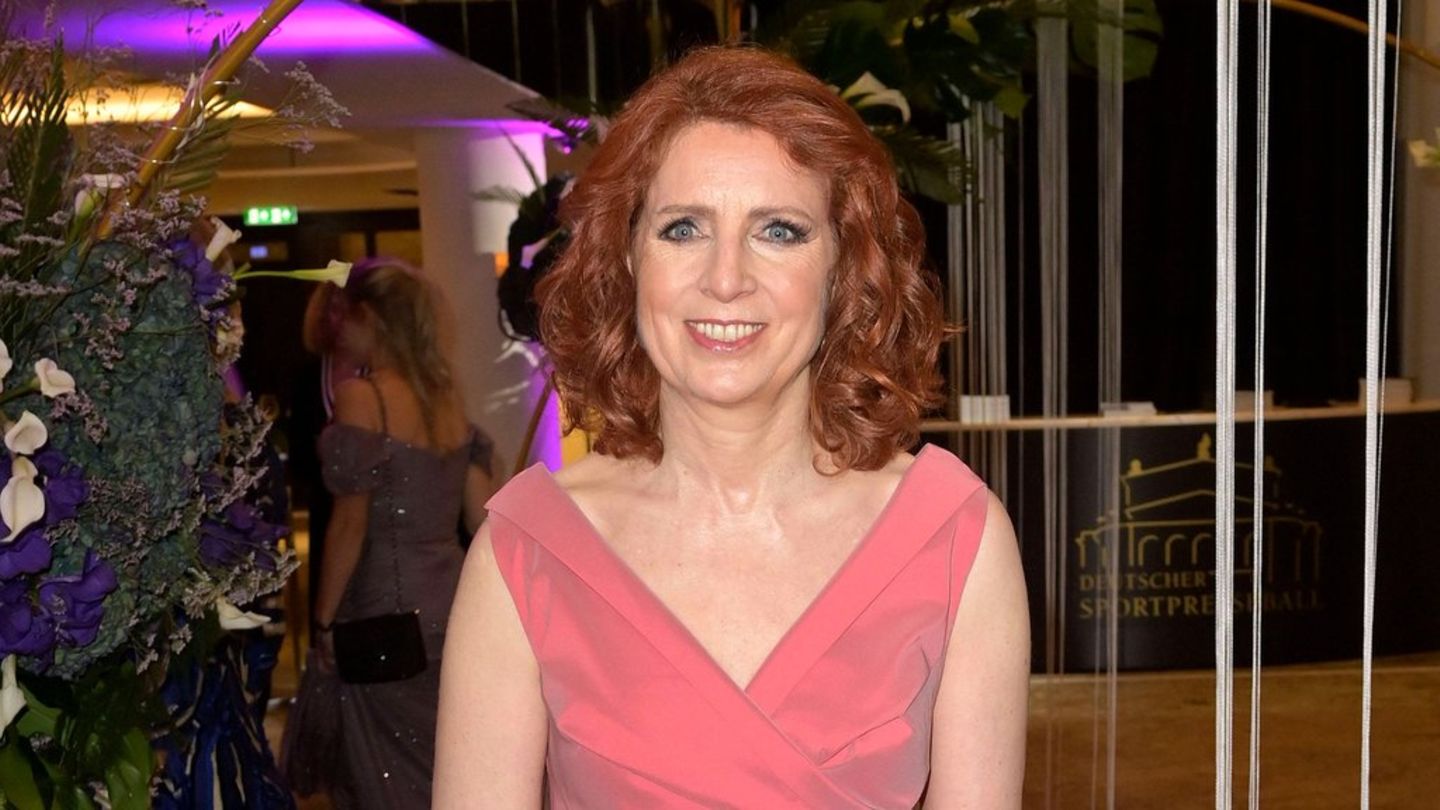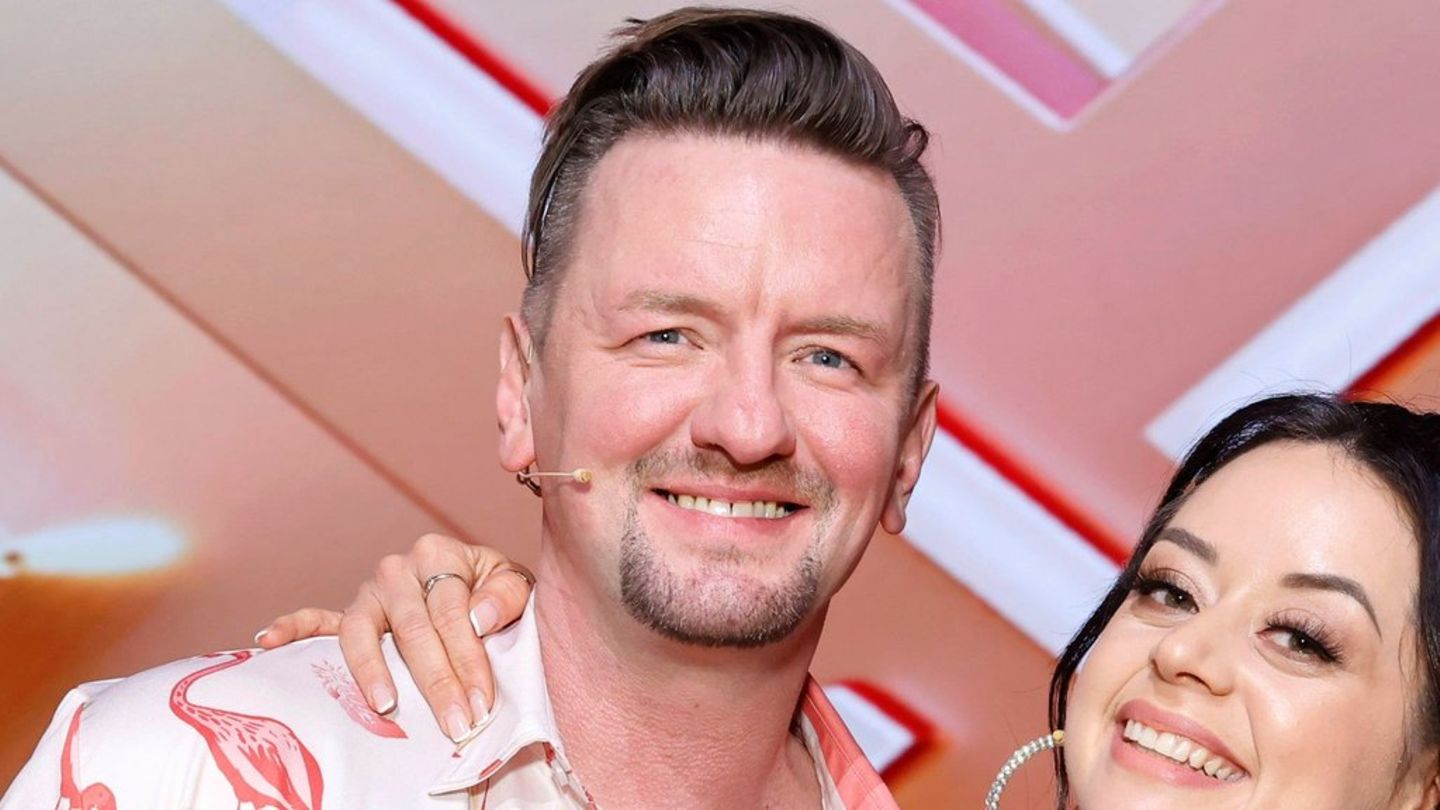Alcohol is still the psychoactive substance that is most frequently consumed in Austria. There is a growing group among young people, for whom alcohol no longer plays a role, says Rainer Schmidbauer, head of the Institute Addiction Prevention of Pro Menten Upper Austria, but to deliver this: At least ten percent of the 14- to 17-year-olds surveyed would “consume alcohol risk”.
This was the result of the ESPAD survey (European School Survey Project on Alcohol and other Drugs), the world’s largest student survey on consumer and behaviors with addiction potential. It deals with alcohol, nicotine products, illegal substances, gambling and digital media. In Austria it was carried out for the fifth time in 2024, and more than 7,700 students from the ninth and tenth school level were interviewed nationwide.
For the first time, a country evaluation is also available: In Upper Austria, 1873 young people between the ages of 14 and 17 were questioned in Upper Austria, the answers of the students of AHS, higher and medium vocational schools, polytechnic and vocational schools from the Institute for Addiction Prevention.
- Read too: Advertising ban required for nicotine bags
Conventional cigarettes and alcohol are on the rear march, but new products such as nicotine bags and e-cigarettes would grow in popularity among young people, the data was presented.
In the long term, frequency and amount of alcohol consumption are significantly declining, says the head of the Institute Addiction Prevention. Between 2007 and 2024 the proportion of young people who have never consumed alcohol increased from four to 17 percent – and the proportion of those who have not drunk alcohol in the past 30 days has almost doubled, from 21 to 41 percent.
Every fifth drinks alcohol regularly
Six out of ten young people also stated that they had consumed alcohol in the past 30 days, each fifth drinks regularly (six or more times a month). And every fifth student and every fourth student stated that he had at least a strong intoxication in the previous four weeks. Although girls generally rarely and less intensely respond to alcohol than boys.
Around a tenth of the students surveyed drinks compensation – for example, to forget or open up problems.
“}”>
Image: colourbox.de
Source: Nachrichten




